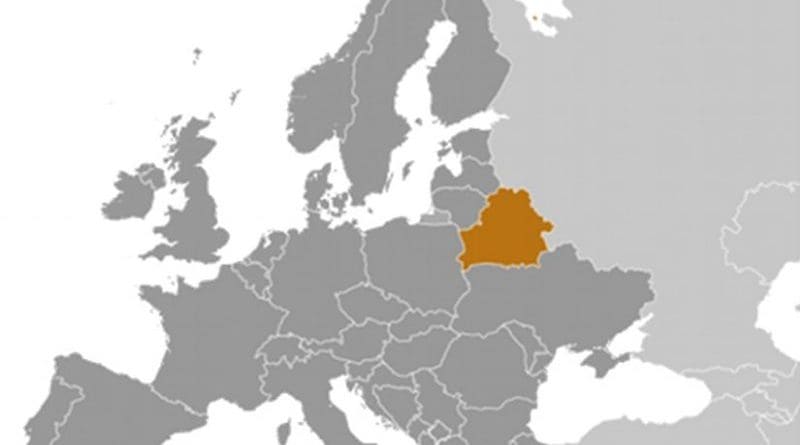East-West Ideological War In Belarus Intensifying – OpEd
By Paul Goble
Over the last several months, Andrey Gerashchenko says, the ideological war between pro-Moscow Belarusians and pro-Western ones has not only broken out in new spheres but intensified in those where it was already present, a worrisome development he says because the outcome is now anything but clear.
In sector after sector of public and private life, the Russian commentator says, those who look to Moscow and those who look to Poland and the West have staged competing events or erected conflicting monuments, with the former often overwhelmed by Minsk’s support for the latter (stoletie.ru/slavyanskoe_pole/mezhdu_georgijevskoj_lentochkoj_i_vyshivankoj_509.htm).
What makes this enumeration and characterization worrisome is that it is exactly the same kind of commentary on the Stoletie portal that appeared about Ukraine prior to the Russian intervention there. And thus it may be yet another indicator that some in the Russian capital are pressing for more active moves in the Belarusian direction.
“Traditionally,” Gerashchenko writes, “summer in Belarus is a time of various holidays and mass measures” which in this year have been the occasion for “a struggle of the pro-Russian and pro-Western vectors of development of the country.” He provides a list with commentary attached to some of them.
In addition, he points to what he says is Belarus’ unique “’war of monuments.’” It is unlike the one in Ukraine, the Baltic countries or Poland because it typically involves not so much the tearing down of old statues but the erection of new ones, some to Russian heroes like Aleksandr Nevsky and others to lesser known Belarusian or even Polish ones.
And he says that Belarus is becoming “ever more ‘European’” in its toponomy, plaques, and money and in the pictures the Belarusian government is using on its currency. All too often these things reflect Polish or Lithuanian values rather than Belarusian or Russian ones, but because they are going up rather than the Russian coming down, less has been said.
But like most Russian nationalist commentators, Gerashchenko saves his most critical comments for the role of the Roman Catholic Church and the Greek Catholic Uniates whose activities, he says, are being actively promoted by Poland and the Vatican at the expense of the Russian Orthodox Church of the Moscow Patriarchate.
The Uniate Church in Belarus is extremely small, and its parishioners are most often nationalists of one kind or another who maintain close relations with Uniates in [Ukraine’s] Galicia. Unfortunately the Russian Orthodox Church, Gerashchenko says, has failed to respond to its “provocations,” and the Belarusian government appears to support them.
And neither the Russian church nor Russian compatriots have done enough in response to Belarusian nationalist charges that they are “’a fifth column’ of Moscow. All this needs to change, the Stoletie commentator says, or the outcome of the east-west battle in Belarus will go in the wrong direction.

